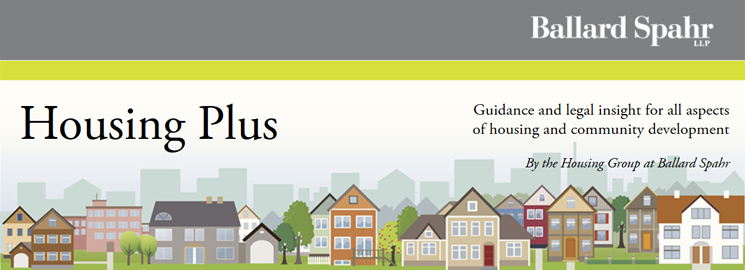
The shareholders of Southbridge Towers, a 1,651 affordable unit cooperative in Manhattan, recently voted to privatize their development, allowing the residents to sell their apartments at market rate and walk away with a significant profit. Southbridge Towers is a complex in the Mitchell Lama Program, an initiative created in 1955 to add thousands of affordable units as limited equity co-op or rental units. This program has been successful as it has provided long term affordability to its residents in a high housing cost city such as New York. Mitchell Lama complexes have long waiting lists and unit selection is done through a lottery. Co-op residents pay a lump sum upon moving in and a monthly surcharge. Because the complexes are affordable, they benefit from significantly reduced property taxes which assist with keeping down the monthly surcharge. When the co-op residents move out, the initial investment is returned plus interest.
With the vote to privatize Southbridge Towers, some long-term residents can sell their apartments and gain several hundred thousand in profits. The recent vote results in the shareholders having three housing options: 1) become a shareholder in a market rate co-op; 2) relinquish their shares, get their equity returned, and move out; or 3) relinquish their shares and stay as a rental tenant subject to annual rent increases of no more than 5%. For the plan to become final, two thirds of the shareholders must agree to become market rate shareholders. For more information on Southbridge Towers, click here for a November 14, 2014 New York Times article.
The preservation and production of affordable housing in New York City is the ultimate challenge because of the high and ever increasing cost of housing. The recent events at Southbridge Towers have sparked discussion on the preservation of affordable housing in a co-op development. What are your thoughts? Should these developments remain affordable in perpetuity? Should residents who helped to improve the community and create the apartment unit’s equity be able to benefit from their efforts? Are the current residents denying other affordable housing residents the very opportunity that enriched their own lives?